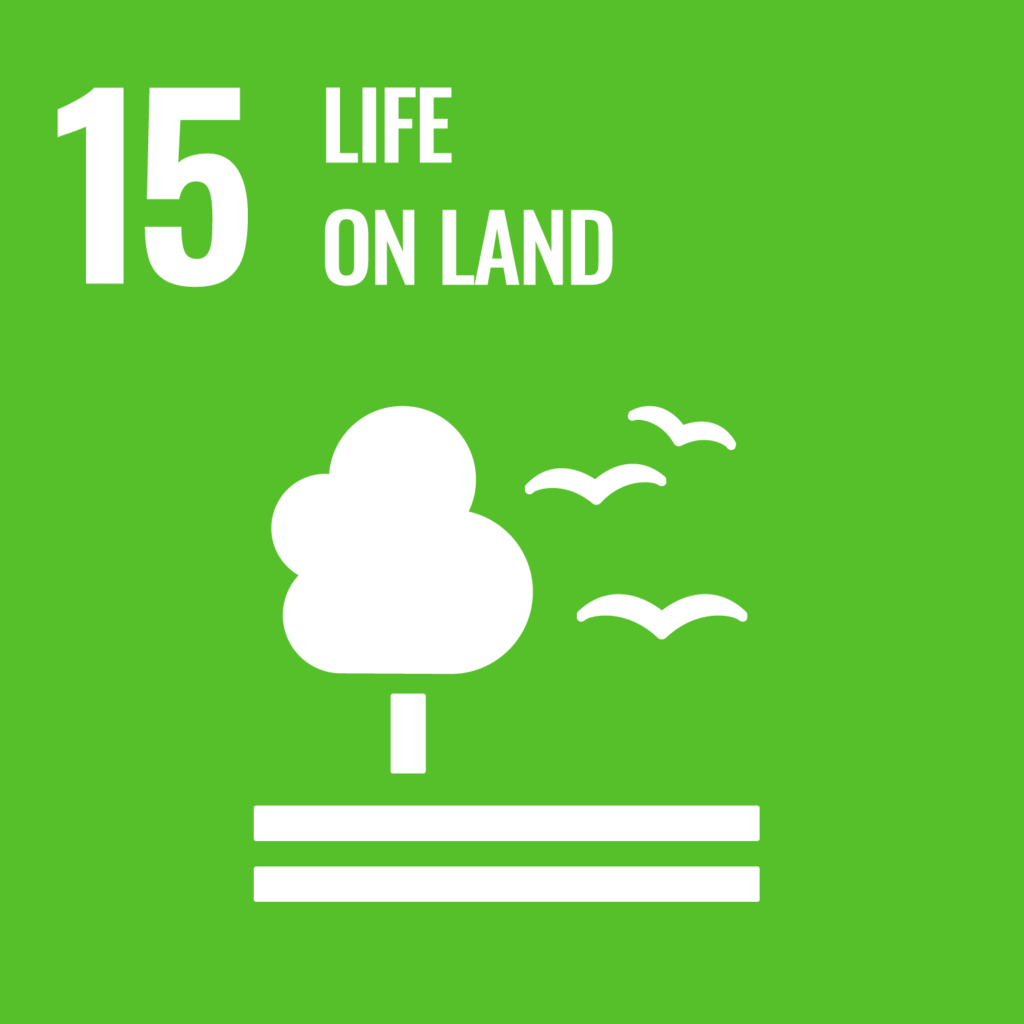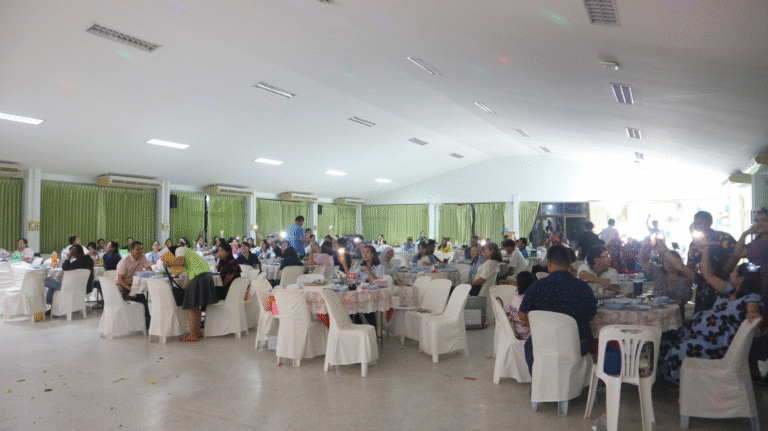Reporters: Asst.Prof.Dr. Prapot Maliwan
Assoc.Prof.Dr. Pornsil Seephueak
Asst.Prof.Dr. Nion Chirapongsathonkul
Asst.Prof.Dr. Worawitoo Meesook
Evidence Date: during 2024 Jan-Dec
Related Indicator: 15.3.1
Details:
The course Mushroom Cultivation, taught by Assoc. Prof. Dr. Pornsil Seephueak under the Crop Science Program, Faculty of Agriculture, Rajamangala University of Technology Srivijaya, integrates the principles of sustainable soil and resource management in alignment with SDG 15.3.1–15.3.3. During the first semester of the academic year 2024, nine students participated in a field trip to “Yai Ruay Mushroom Farm” in Ron Phibun District, Nakhon Si Thammarat Province. The learning activity emphasized environmental responsibility and the concept of waste utilization from agricultural production processes, particularly within mushroom farming systems.
At the visited farm, students observed sustainable waste management practices where spent mushroom substrates were recycled and transformed into bio-compost. The compost produced from mushroom waste was used as an organic fertilizer and a soil amendment material for crop production. This practice not only prevents land degradation (SDG 15.3.1) but also restores soil fertility and improves soil structure. Through hands-on experience, students learned how organic waste can be converted into valuable resources that contribute to soil health, reduce environmental pollution, and support sustainable agricultural production.
Moreover, the course was integrated with the Plant Pathology and Management course to develop biocontrol compost formulations. Students applied beneficial microorganisms such as Trichoderma and Metarhizium during the composting process to produce high-quality bio-fertilizer. The integration of these microbial agents helps suppress plant pathogens, reduce the incidence of soil-borne diseases, and promote plant growth. This interdisciplinary learning approach enhanced students’ understanding of sustainable soil management and ecosystem restoration (SDG 15.3.2) through the application of agricultural biotechnology.
The teaching process extended beyond the classroom through community-based learning in Tha Kham Subdistrict, Hat Yai District, Songkhla Province. Students, under the guidance of their instructor, collaborated with the local community to demonstrate the production of compost from spent mushroom substrate. The activity empowered community members to recycle agricultural waste into planting materials and organic fertilizers, promoting sustainable agricultural practices at the local level. This reflects the university’s mission to integrate education, research, and community engagement to achieve land degradation neutrality (SDG 15.3.3).
Through these learning experiences, students gained both scientific knowledge and environmental ethics, enabling them to apply sustainable soil management practices in their future careers. The integration of waste recycling, microbial biotechnology, and community participation in teaching and learning not only enhances student competencies but also contributes to the conservation and restoration of soil ecosystems. This course exemplifies education for sustainable development (ESD), producing graduates who can “think, do, and apply” scientific knowledge to protect the environment and support community resilience in line with the Sustainable Development Goals.
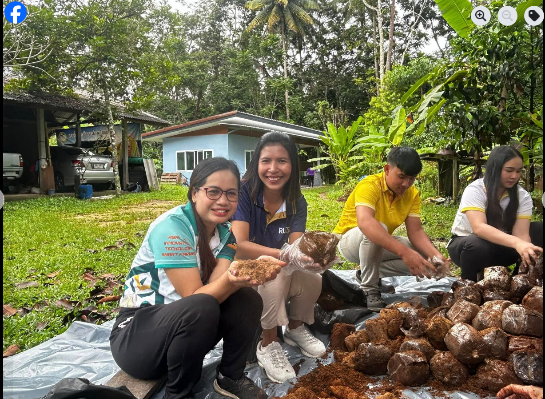
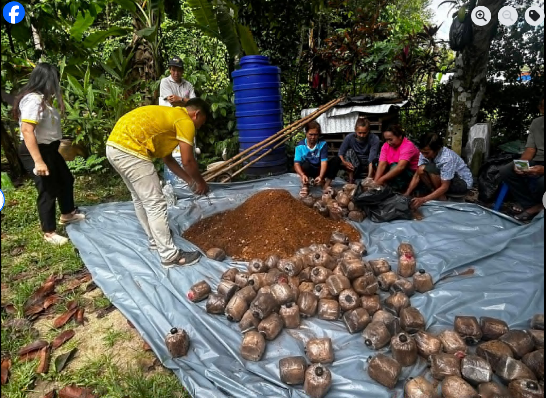
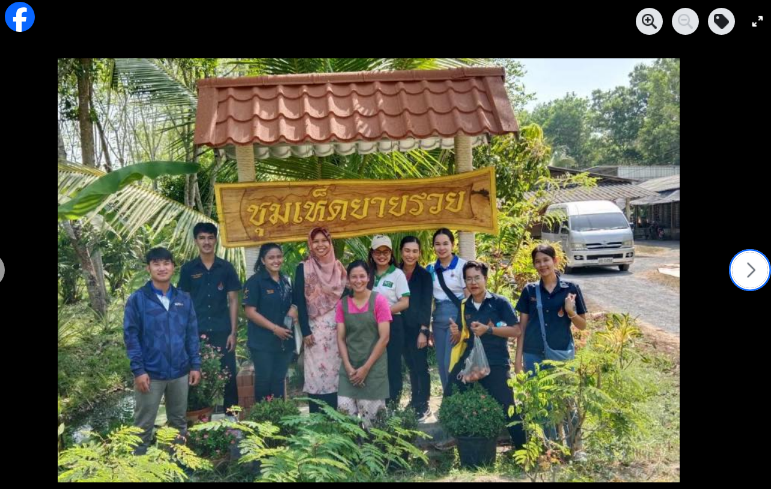
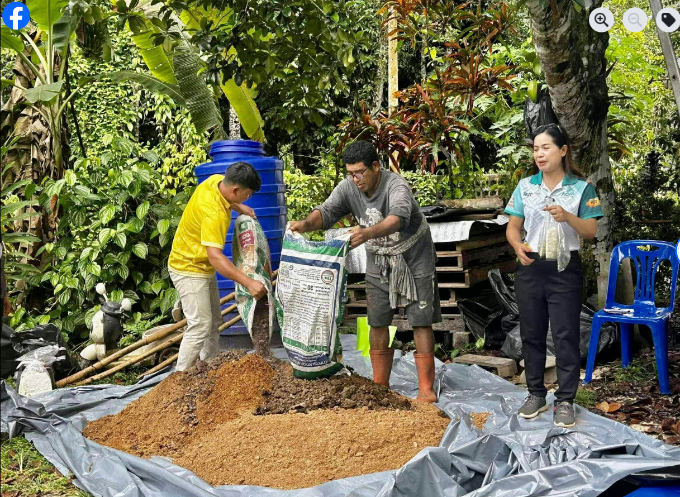
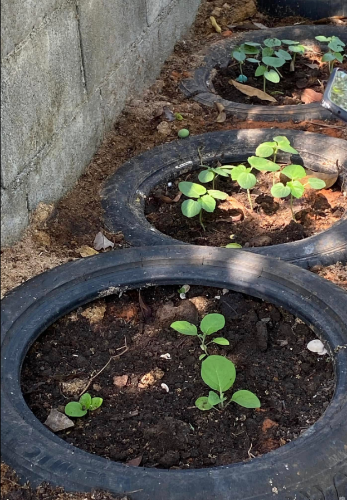
Links:

